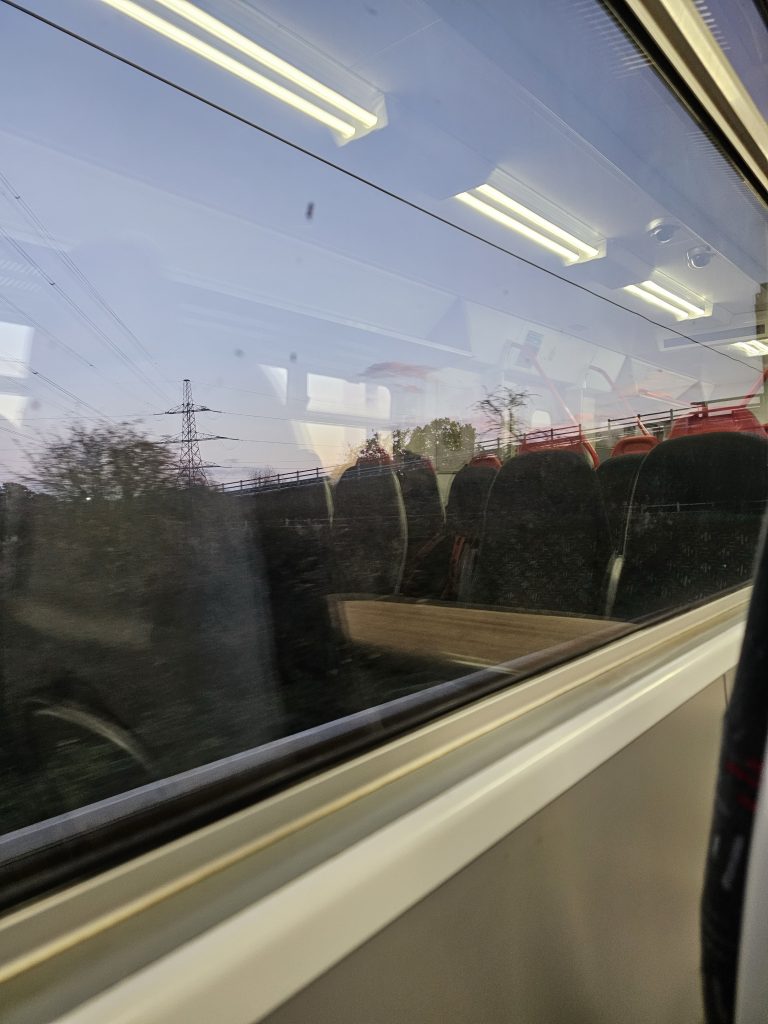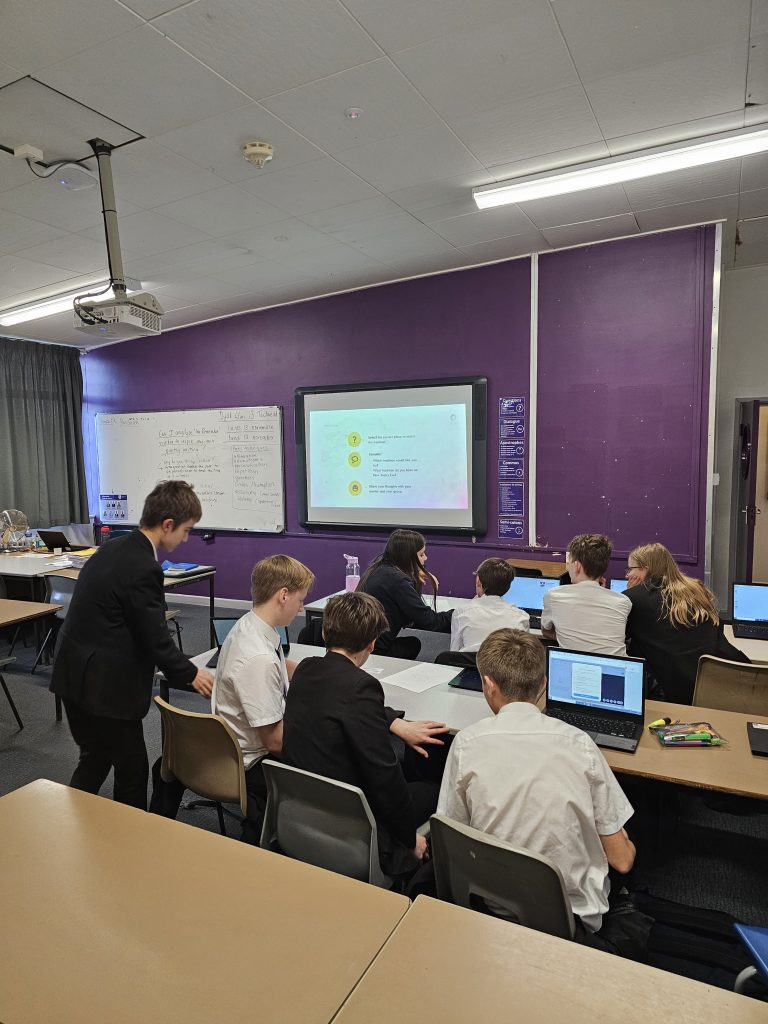Session 1: Language as Identity through Accents
My first mentoring session of the academic term! Though it’s somewhat nerve-racking, I’m really looking forward to meeting my mentees.
We started with introductions, sharing our favourite subjects, hobbies, and pets. We discussed how these interests relate to our identity and explored how language is a crucial part of who we are. The mentees shared their uncertainty about whether languages are right for them—something we’ll delve into more later.
We talked about how accents contribute to our personality and character, representing where we come from. Accents can show bravery—the confidence to speak in a non-native dialect or language. While accents can bring joy, they can also sadly signify divisions between communities. Despite the session’s introductory nature, the mentees engaged enthusiastically and are eager for next week. I’m excited to learn more about them!
Session 2: Language as Culture through Festivals
Our second session was interactive and enjoyable. We built on our previous discussion about identity and applied it to culture, showing that we might belong to groups sharing unique characteristics.

The theme, chosen by popular vote, was festivals. We explored various unusual and interesting cultural traditions. We began by defining culture through a word map, coming up with ideas like food, history, community, and religion—elements that tie us to our family, neighbourhood, town, or nation.
We watched a video showcasing global traditions, such as Madagascar’s unique ceremony of dancing with ancestors’ remains every seven years. We also did a match-up activity with New Year’s Eve traditions, like planting a decorated tree in Russia’s Lake Baikal. The mentees were fascinated by these traditions and eager to discover more about the intersection of language and culture.
Session 3: Language as Connection through Sports
This session focused on how language facilitates communication, particularly in sports. We discussed the importance of communication among team members, especially in international sports where players come from different linguistic backgrounds.
We watched a documentary excerpt featuring Gary Lineker speaking Spanish while commentating and learned that Novak Djokovic speaks 11 languages. We applied these lessons to the Olympics, exploring the principle of Olympism, which promotes unity, inclusion, and solidarity through sport.
I challenged the mentees to research a sport, its origins, rules, and famous players. We discovered bizarre sports like ostrich racing and more familiar ones like basketball, which originated in the United States.

Session 4: Workshop & Language as Performance through Sign Language
I was both apprehensive and excited to lead my first workshop. We discussed the importance of languages, focusing on different perspectives, the skills they provide, and their power.
We watched a clip from The Terminal, where a limited English speaker navigates a serious situation humorously due to communication barriers. This highlighted the prevalence of such difficulties and the importance of support.
We brainstormed skills needed for success and compared them to skills needed for language proficiency. The mentees saw significant overlap, recognizing qualities like empathy, resilience, determination, and discipline in both areas.
To demonstrate the power of language, I gave the mentees a series of vague instructions using post-it notes. The confusion and curiosity they experienced underscored the importance of clear and concise communication.
Session 5: Language as Translation through Food
This was my favourite session. Using food as our theme allowed me to bring in snacks from around the world, which greatly boosted engagement!
We explored translation, emphasizing that it’s not just about dictionary definitions but also cultural meanings and connotations. We discussed idiomatic expressions, like the French avoir l’esprit de l’escalier, which means thinking of a witty comeback too late.
We compared tea traditions from different cultures while enjoying Welsh cakes and lebkuchens. We learned that Moroccan tea is often sweet and minty, served in intricate glasses, while British tea is typically served with milk in a mug. This highlighted the cultural differences that translation tools often miss.
Session 6: Workshop & Language as Journey
Our final session was reflective. We revisited our initial thoughts on language and discussed how our perspectives had evolved over the past six weeks. Many mentees had developed a more positive attitude towards language learning.
I’m so pleased to have met my mentees and proud of their progress. It’s been a rewarding experience to see their changing attitudes. To top it off, my school’s teacher gave me a Christmas card and chocolate truffles! What a fantastic end to the semester. I’m looking forward to next semester and doing even better!
A huge thanks to the mentoring team for their support and to Chepstow School for being enormously accommodating! 😊
By Aleksander Ignaciuk
